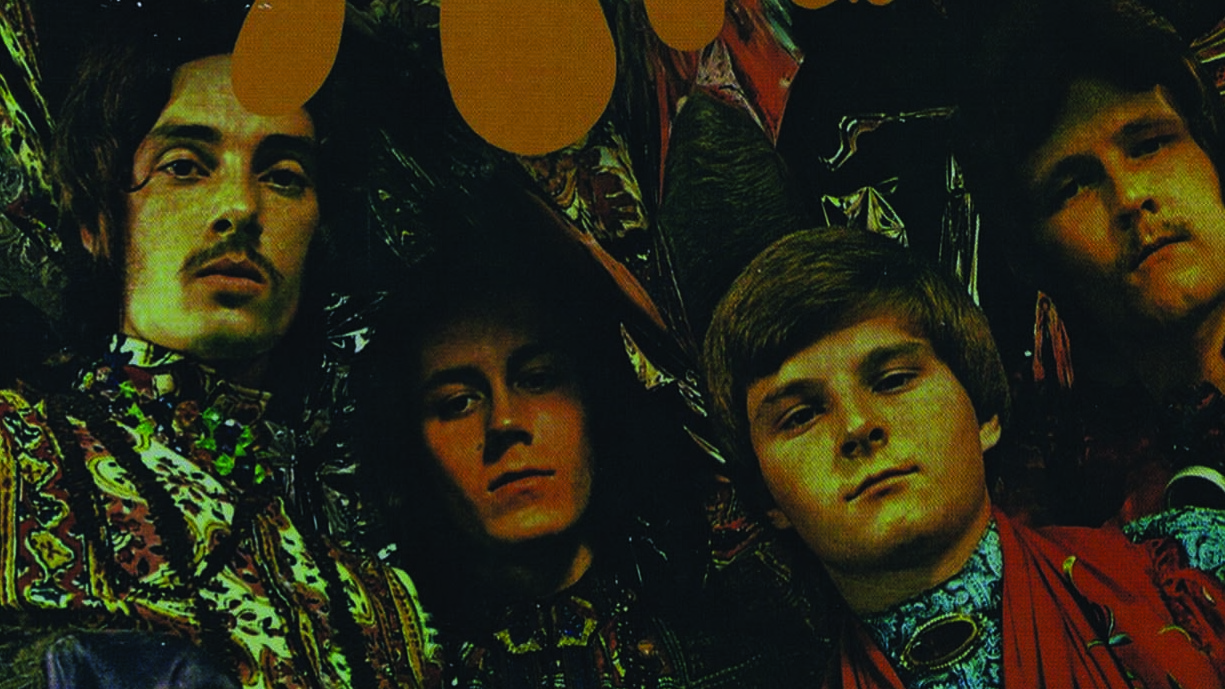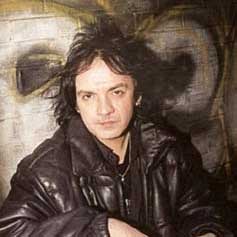Not to be confused with the samenamed US ethnopsychers, London’s Kaleidoscope appeared in 1967 as a perfectly rounded kaftan pop incarnation of that heady year’s psychedelic underground. With cheap wine the strongest intoxicant on their menu and old school rock biz grounding rather than counterculture hipness, the band presented a clear-eyed take on the more whimsical flights of Floyd’s Piper At The Gates Of Dawn translated through Bee Gees’ songcraft. Singer Peter Daltrey delivered his lyrics with measured Sydlike Englishness over guitarist Eddie Pumer’s sparkling melodic backdrop, and it was given a technicolour sheen by Philips Records in-houser Dick Leahy.
Kaleidoscope’s evocative first single Flight From Ashiya was about a plane crash, but when its distressed survivors plaintively muse ‘Nobody knows where we are’ they could’ve been querying the poor distribution that stymied the record. With those scarce original copies going for £1,500, Kaleidoscope’s debut album (so good that it named a fledgling Krautrock outfit) has been reissued before, but this time Daltrey unearthed the original master tapes from Universal’s vaults.
Remastered by Spacemen 3’s Pete ‘Sonic Boom’ Kember, tracks such as the swooning Dive Into Yesterday, sinister heartbeatunderpinned The Murder Of Lewis Tollani and eight-minute fantasy The Sky Children have been given crystalline new life that brings out every intricate harmony or baroque flourish. Cut-glass trophies like A Lesson, Perhaps (a poem about a fly over courtly acoustic guitar) now grace a perfectly-restored museum piece pressed on tangerine wax.
The album comes with bonus 45 featuring Kaleidoscope’s self-titled signature song and standalone 1968 single A Dream For Julie. After psych nose-dived, they reinvented themselves as Fairfield Parlour for the burgeoning prog movement but it’s good to see Kaleidoscope again today, playing these quintessential era gems to new ears.

